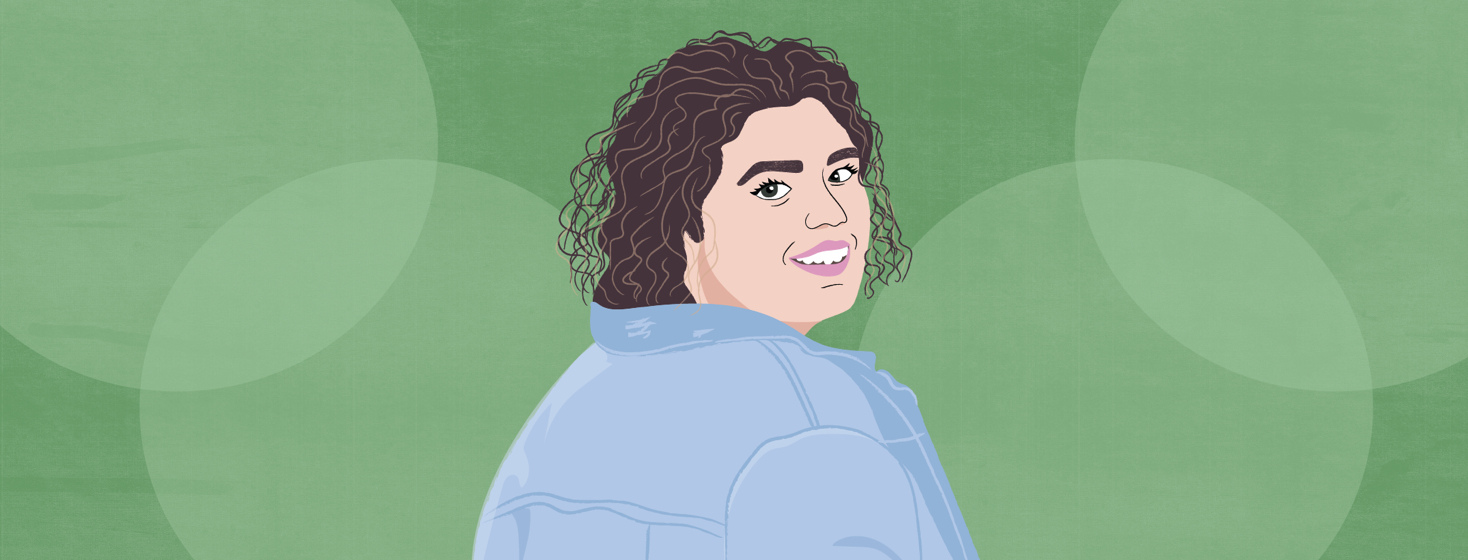Meet Our Advocate – Tatiana Corbitt
At Narcolepsy.Sleep-Disorders.net, we are thankful for our amazing advocates who share their experiences of living with narcolepsy. In our advocate spotlight interview series, we get to know our advocates better and find out why spreading awareness of narcolepsy is so important to them.
Our next featured advocate is Tatiana Corbitt. Learn more about Tatiana below and browse her recent articles.
What is one thing you would like to share with the community?
I would like to share with the narcolepsy community that they are not alone in their struggles. The society that we live in is designed in such a way that disabled individuals are at a significant disadvantage economically and socially. This can impact mental health and overall well-being, for obvious reasons.
If you are struggling to work or keep jobs due to your symptoms, it is not your fault. The American Disabilities Act does little to protect people with disabilities in the workplace. Many able-bodied people are unable to understand narcolepsy because of their own inability to empathize with other humans. If you have faced discrimination of any kind because of your disability, please know that any shame you might carry is not yours to bear.
What does advocacy mean to you?
At its simplest, to me, advocacy means creating effective change for a select cause. By amplifying the voices of a certain population, it is possible to determine what exact problems need to be solved. Oftentimes these problems include social and economic disparities.
Determining patterns in shared experiences is essential to this work. Advocacy is more complicated than simply telling stories. Only through demanding political reformation can we hope to improve the lives of disabled individuals across the US. Narcolepsy is expensive and treatment can be inaccessible to people without health insurance. It is estimated that only 20 percent of the population of people with narcolepsy in the world have been diagnosed with the condition.
What do you wish someone had told you when you were first diagnosed with narcolepsy?
I wish that someone had told me to have compassion for myself. I felt so lazy and inadequate when my symptoms onset in college. I have always been an extremely high achiever. I was a first-generation university graduate and had aspirations to enter the medical research field. I had survived a sudden retinal detachment in my freshman year of college, as well as the loss of my grandfather, and still managed to stay in school and maintain top grades.
However, when my narcolepsy onset, that all changed. I suddenly was incapable of pushing myself the way I used to. I hated myself for it. Before narcolepsy, my self-worth was inherently tied to my productivity. Now, I realize that I am inherently worthy of life.
What brings you the most joy (especially when you’re feeling down)?
I find that I am the most myself when I am exploring nature. Hiking makes me feel connected to the Earth and my own primitive body. I am a beginner bird watcher and I find so much joy in observing the intricate lives of birds. I recently learned that tiny songbirds need to eat the equivalent of a full teaspoon of peanut butter every day in order to live!
When snow covers the ground, they are unable to forage adequately and can often succumb to the cold. I began providing feeders in my yard and now have feathered friends that visit daily. I love to watch birds argue amongst themselves. Seeing them go about their days with such determination gives me hope. If birds can sing while trying to survive, then maybe I can too.
Where do you find support?
Narcolepsy support groups have been vital for my well-being this past year. Before I found a group that understood what I was going through, I felt lost. I sometimes questioned the validity of my symptoms. I felt ashamed for having lost multiple jobs due to my disease.
I have learned so much by listening to the stories of other people that suffer from narcolepsy. I realized that many of the problems I was having were not uncommon. Participating in narcolepsy support groups has taught me the importance of vulnerability. When I share similar struggles to others, my experience feels validated.
Fun facts
What is the last show you watched that you enjoyed?
New Girl on Netflix
What is one meal you could eat for the rest of your life?
Beans and rice
What is your favorite quote or saying?
“At the end of the day, we can endure much more than we think we can.” -Frida Kahlo
Do you relate to Tatiana's narcolepsy experience? Say hello to Tatiana in the comments below and tell us more about you!

Join the conversation